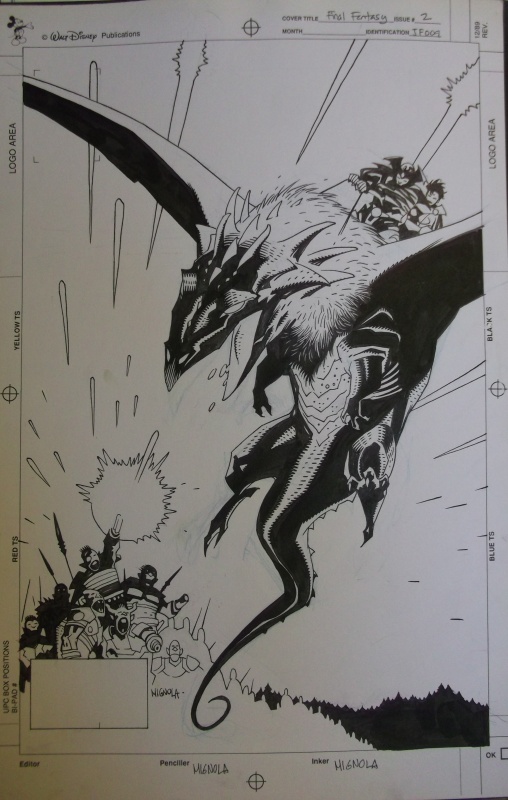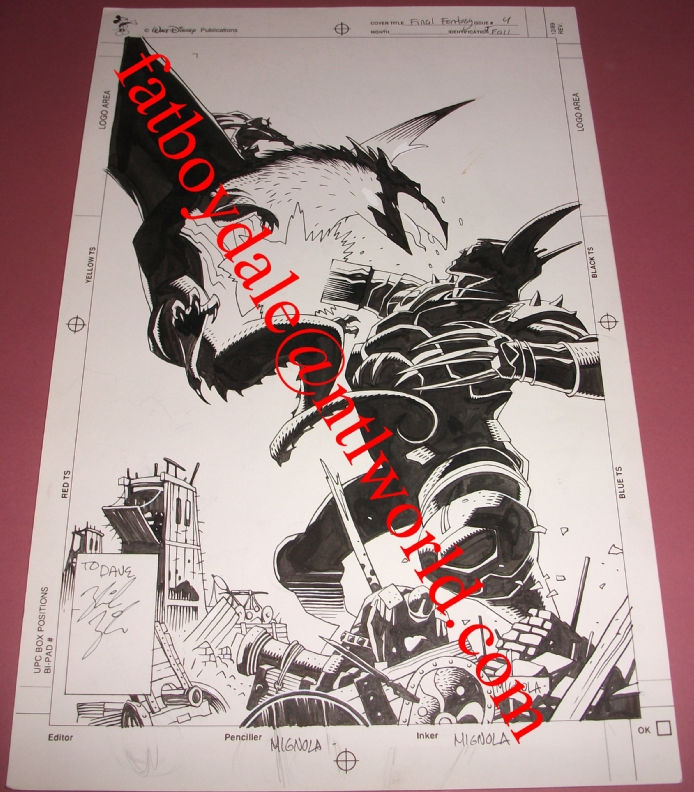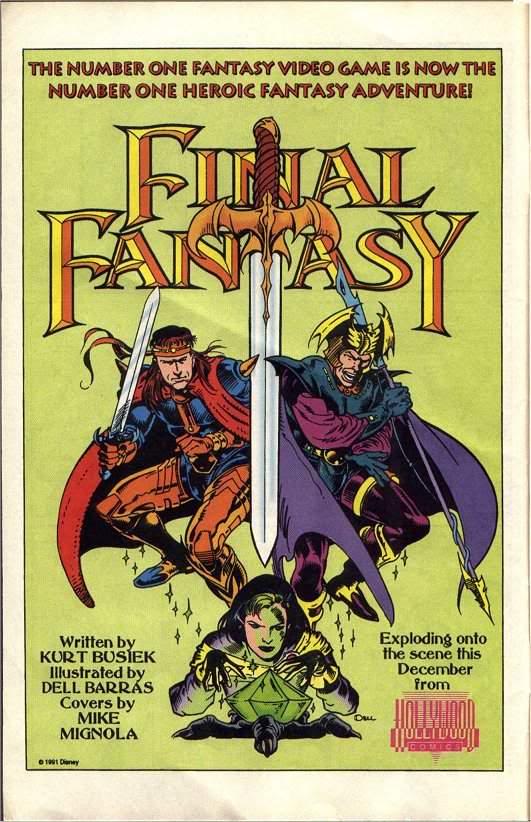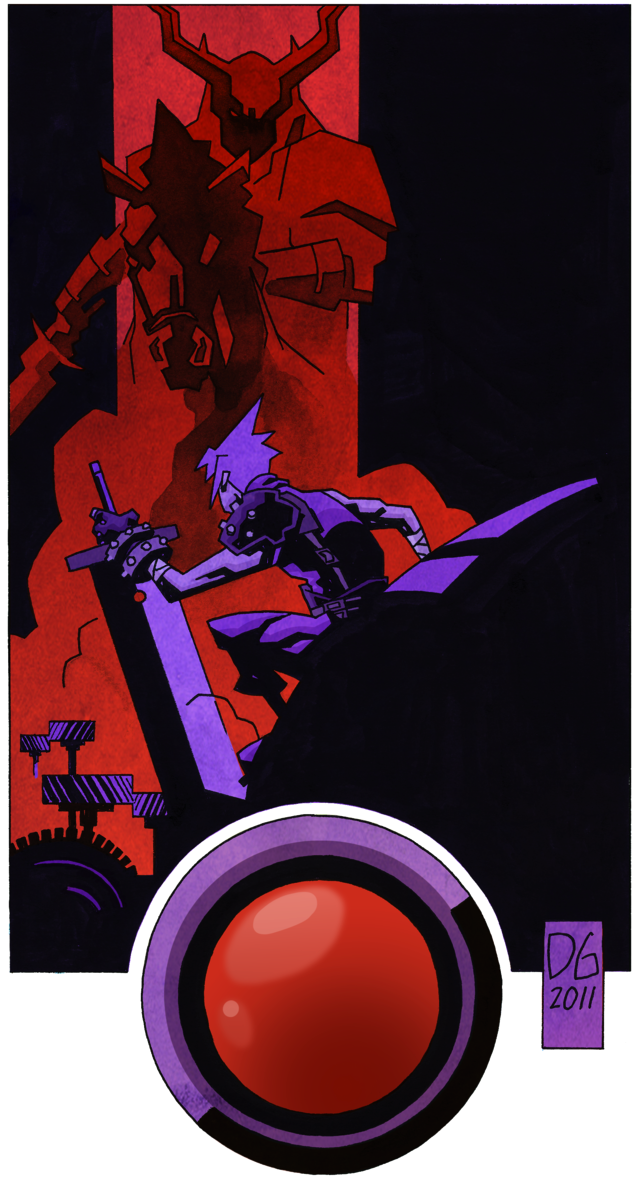Here's the thing: I'm boycotting The Avengers.
It was Steve Bissette who convinced me, in a blog post last summer just following the summary judgement against Jack Kirby's heirs. After that judgement it looks like the heirs will never receive their due through the legal system, and the court of public opinion is their last recourse. I haven't bought Kirby-derived Marvel product since.
People have argued this one up and down, and done it well -- James Sturm, David Brothers, Chris Roberson, Heidi MacDonald, Steve Bissette again -- so I'm not going to go into an extensive retread just at this moment. But to summarize:
Yes, Jack Kirby is dead. No, his children didn't write or draw those comics. Neither did Bob Iger or Roy Disney III, both of whom stand to make massive bank on this movie and both of whom are in the position of making a lot of money on this movie because of who they are related to. Captain America should be in the public domain by now, but he's not, again thanks to Disney.
Marvel gives Stan Lee a million dollars a year. His contract stipulates that if he dies before his wife, then she (who also did not write or draw any of those comics) will continue to get a million dollars a year until she dies.
Kirby should have gotten the same deal Lee did. And if he had, he would have left his money to his children.
Never mind the rights questions and the work-for-hire versus spec questions. (Personally I believe Kirby did at least some of his work on spec, and Marvel "lost" the evidence among the thousands of pages of art they contractually agreed to return to him and then didn't. But again, never mind that for now.) Just giving some form of compensation to the Kirby heirs at this point would be a step toward rectifying the injustices Marvel did to Kirby over the course of his life. Plus, as Kurt Busiek recently noted, if Marvel (and DC for that matter) started retroactively applying their current standard contracts to past creators, people like the Kirby heirs and Gary Friedrich would spend less time suing them and more time promoting their movies.
Anyway, here's the other thing: last night somebody handed me a free ticket to go see The Avengers, and I realized that yes, this was a loophole in my boycott. If I don't pay to see it, I'm not supporting it.
Now granted, Marvel/Disney/Viacom/whoever paid for my ticket, and it was part of a marketing strategy -- word-of-mouth, buzz, what-have-you. So here's my thinking: if I talk about the movie, then they've accomplished their goal, and I've broken my boycott.
So I'm not going to talk about the movie. If I say I liked it, then I'm doing just what Disney wants me to. If I say I hated it, then that misses the point -- then I'm suggesting people shouldn't see it because it's a bad movie, not for ethical reasons. If you choose not to see a bad movie, that's not actually a boycott. (I remember lots of people in various comments sections saying they would boycott Ghost Rider 2 over Marvel's treatment of Gary Friedrich -- I reminded them that it's only a boycott if they had planned on seeing the movie in the first place.)
But yeah, I saw it. And I'm going to talk about my moviegoing experience.
I suppose you could argue that I'm still giving them what they want, if you really believe there's no such thing as bad publicity and any mention of the movie is good for them...but, well, read on.
The movie was at 7 PM, and my fiancée and I arrived before 5. She'd eaten and I hadn't, so she grabbed us a spot in line while I found the nearest place to grab a slice of pizza.
The slice I bought was mediocre and I would probably not go back. I felt particularly disapponted inasmuch as the theater is a couple of blocks from my favorite pizza place ever, but I didn't have the time or the money for that spot.
(Tangentially, several nights before I'd had a dream where I was lost in the New York subway system trying to find a good slice of pizza. Because yes, of course you can find a slice of pizza on any given corner in Manhattan, but I was trying to find a really good place. I am sure that this is a metaphor for something.)
So anyway, I got back and grabbed my 3D glasses and my spot in line. I love my fiancée but I think I may have to fire her from holding-my-place-in-line duty. Holding someone's place in line requires more than just waving him over when he walks in; you also need to make sure that you leave enough room around you for a human adult to stand comfortably in.
And so began the hours-long wait in line. It went about how these things usually go: standing in line sucks, but you're there with other people who share a common interest. I was next to a kid who had just read Knightfall and gushed about it while describing The Brave and the Bold as "unwatchably terrible" -- well, at least he's a kid who's enthusiastic about comics.
'Round about 5:45, a manager came up to the line and announced that no cameras would be allowed in the theater.
Including camera phones.
IE, a thing that every single fucking person carries in their pocket, because this is two thousand and goddamn twelve.
Now, I know that this completely fucking boneheaded policy was Disney's and/or Viacom's fault, not the theater's. But what is the theater's fault is that they waited until we'd been in line for an hour to tell us. Yes, as it turns out it was written on our tickets -- in an illegibly-tiny, illegibly-antialiased font way down at the bottom —, but how the hell hard is it to post signage and tell the guy at the door to let everyone know as they come in?
So I went back to the car, along with at least one person from every single group in line. Fortunately, this allowed the line to rearrange itself in a way so that I actually had room to stand comfortably when I got back. And hey, it could have been worse -- as I discovered when the line started moving, the guys who got there first had to stand in a really cramped spot, next to lighted movie posters that gave off a noticeable amount of heat.
And then came the wands.
They didn't pat us down, at least, but there were actually people in suits outside the theater entrance who wanded us to make sure we didn't have cell phones on us.
Let me fucking tell you something, Disney and Viacom.
Captain America did not go to war and punch Hitler in the goddamn face so that he could wake up 70 years later in an America where people have to pass through security to see a goddamn movie.
All so that somebody wouldn't record a 3D movie with their fucking phone and post it on the Internet. Because that would really hurt this movie's business, I'm sure.
Well, the good news is it totally worked and nobody managed to sneak a camera into any of the screenings and post the movie on the Internet within a matter of houohhhhh I'm just messin' with you guys, of fucking course somebody did. I checked this morning, just for curiosity's sake, and yes, surprising absolutely no one, a bootleg cam video of the movie is now readily available on the Internet.
What, you mean irritating and inconveniencing law-abiding customers didn't actually stop anyone from pirating something? I sure never would have guessed that from every single time anyone has tried it, ever!
Anyway. After the wanding we were admitted into a theater that really was not big enough for the size of the crowd. I'm given to understand they opened a second one -- which means we would have gotten better seats if we'd shown up later, because as it was we wound up way too damn close to the screen. (We were in the second row. We were told the first row was reserved for press. If the people who wound up sitting there were press, they must have been there for their high school paper.)
The seats sucked, but on the whole I was surprised to find that they didn't really suck any more for a 3D movie than they would have for a 2D one. There was a sense that the whole thing was hovering above us, and of course since you are actually looking at a plane, yes, shapes distort depending on your viewing angle. And there were bits where the screen had some single massive object filling it that made my eyes cross. But still, I don't think it was any worse than if I'd watched a regular movie from that seat. The problem isn't 3D, it's poor theater design.
All in all, I would say the theatergoing experience left a lot to be desired, and I'm certainly going to remember it the next time I think about attending a prerelease screening -- or even a popular new release.
But I will say one good thing about it: it's the only time this century I've gone to a movie and nobody in the audience had a damn phone.
There's been some talk about credits over the last few days -- an interviewer asked Stan Lee why Jack Kirby wasn't credited in the movie and Stan gave the kind of tone-deaf response he often makes when people ask him questions about credit: he actually said "In what way would his name appear?" (He added that "it's mentioned in every comic book; it says 'By Stan Lee and Jack Kirby'"; I'm going to give him the benefit of the doubt and assume he's referring to the original comics that Jack actually co-wrote and drew with him, because no, Jack does not get a creator credit on most of the current Marvel books.) I know Stan doesn't make these decisions (anymore), but I think he should have responded with "Well, that doesn't sound right; I'll ask around and see what I can do."
People have pointed out since that Kirby's name is in the credits. I didn't see it, but I think it was probably in the "special thanks" section 2/3 of the way down; the credits went by fast and the only names I caught there were Millar, Hitch, and Lieber. (And I'm certainly not saying those names don't belong there, mind; Lieber co-created Iron Man, and this movie is largely adapted from Millar and Hitch's The Ultimates -- indeed, I read an interview where Millar says they're not getting any compensation from the movie and if that's true I think it's outrageous.)
At any rate, my point is, I didn't see Kirby's name in the credits, and I was looking for it.
So, to answer Stan's question, "In what way would his name appear?" Well, Spider-Man had a big "Created by Stan Lee and Steve Ditko" credit right at the beginning, and I think the Marvel Studios movies should have the same thing. I realize that Avengers, in particular, has a lot more creator credits, but I don't care; I still think they should be up onscreen in the opening titles, every one of 'em.
(An alternative idea, that I know could never actually happen but would like to see: in the end credits you get a prominent credit for each of the leads. The Iron Man helmet with Downey's name, the shield with Evans's, and so on. You could couple those with creator credits. Prominent, middle-of-the-screen credit saying "ROBERT DOWNEY JR.", and then, lower down and in smaller type, "Iron Man created by Stan Lee, Jack Kirby, Larry Lieber, and Don Heck". Then the big "CHRIS EVANS", with a smaller "Captain America created by Joe Simon and Jack Kirby". And so on down the line. No, this would never happen in real life, because I am talking about messing with the top-billed actors' credits, but...a man can dream.)
Playing: Xenoblade
Reading: The Neverending Story
Drinking: Lumberyard IPA. It was on sale at my local liquor store, and I checked the label only to discover that "Lumberyard" is actually the Beaver Street Brewery, my old college watering hole. It tastes like the good ol' days. And hops.



